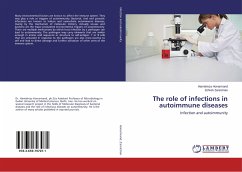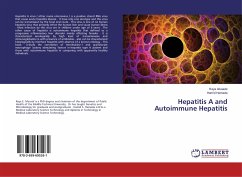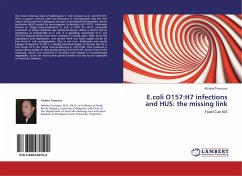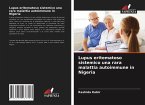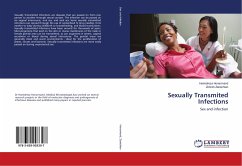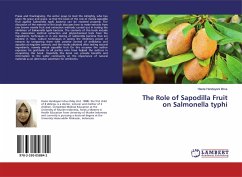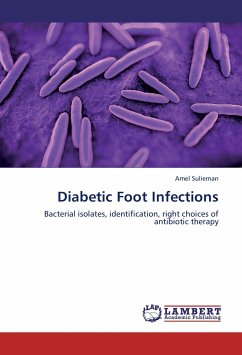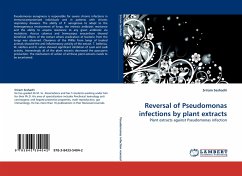Many environmental factors are known to affect the immune system. They may play a role as triggers of autoimmunity. Bacterial, viral and parasitic infections are known to induce and exacerbate autoimmune diseases, mainly by the mechanism of molecular mimicry. Actually viruses and bacteria are the major postulated environmental triggers of autoimmunity. There are multiple mechanisms by which host infection by a pathogen can lead to autoimmunity. The pathogen may carry elements that are similar enough in amino acid sequence or structure to self-antigen. T or B cells that are activated in response to the pathogen are also cross-reactive to self and lead to direct damage and further activation of other arms of the immune system.
Bitte wählen Sie Ihr Anliegen aus.
Rechnungen
Retourenschein anfordern
Bestellstatus
Storno

